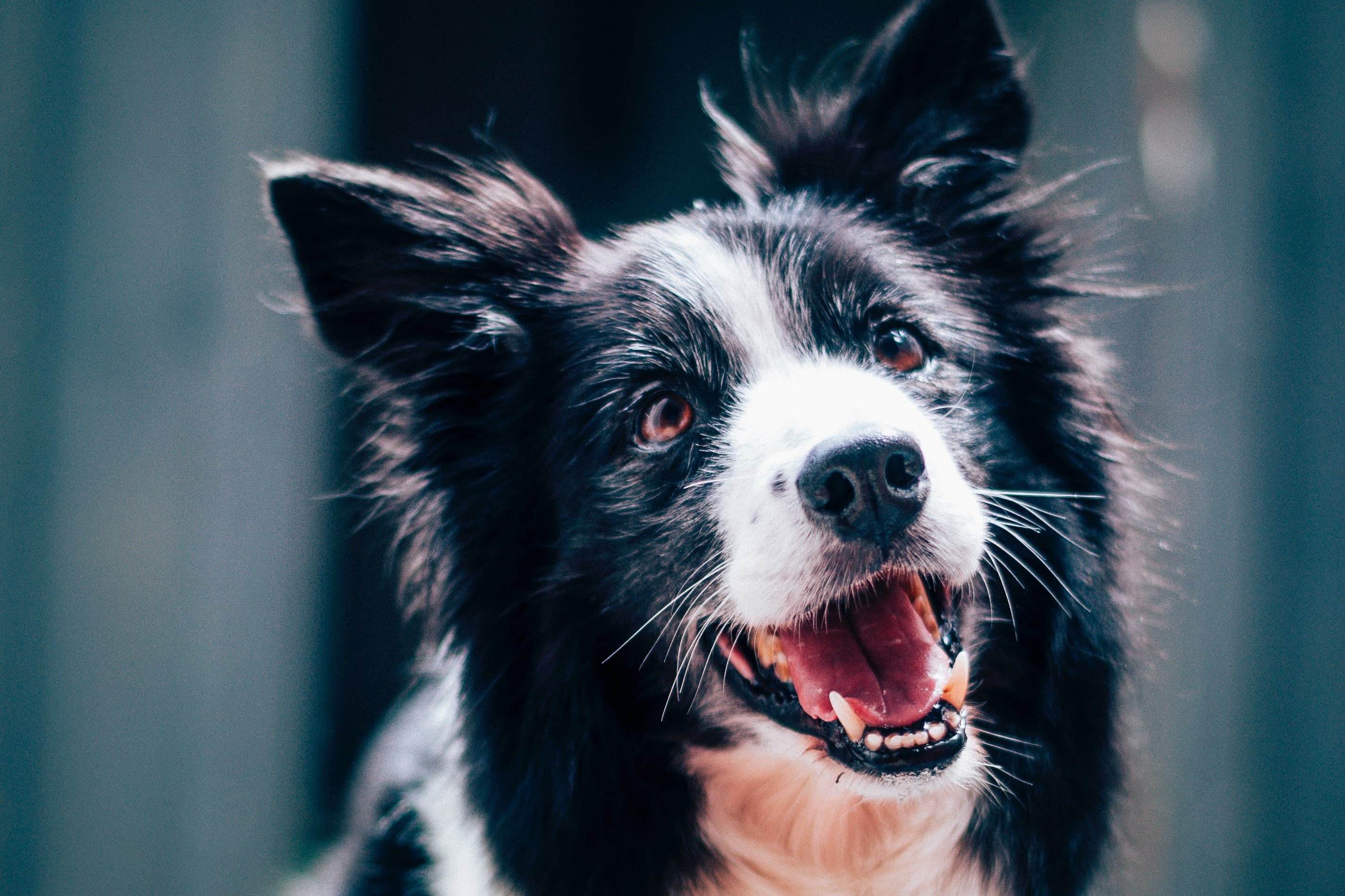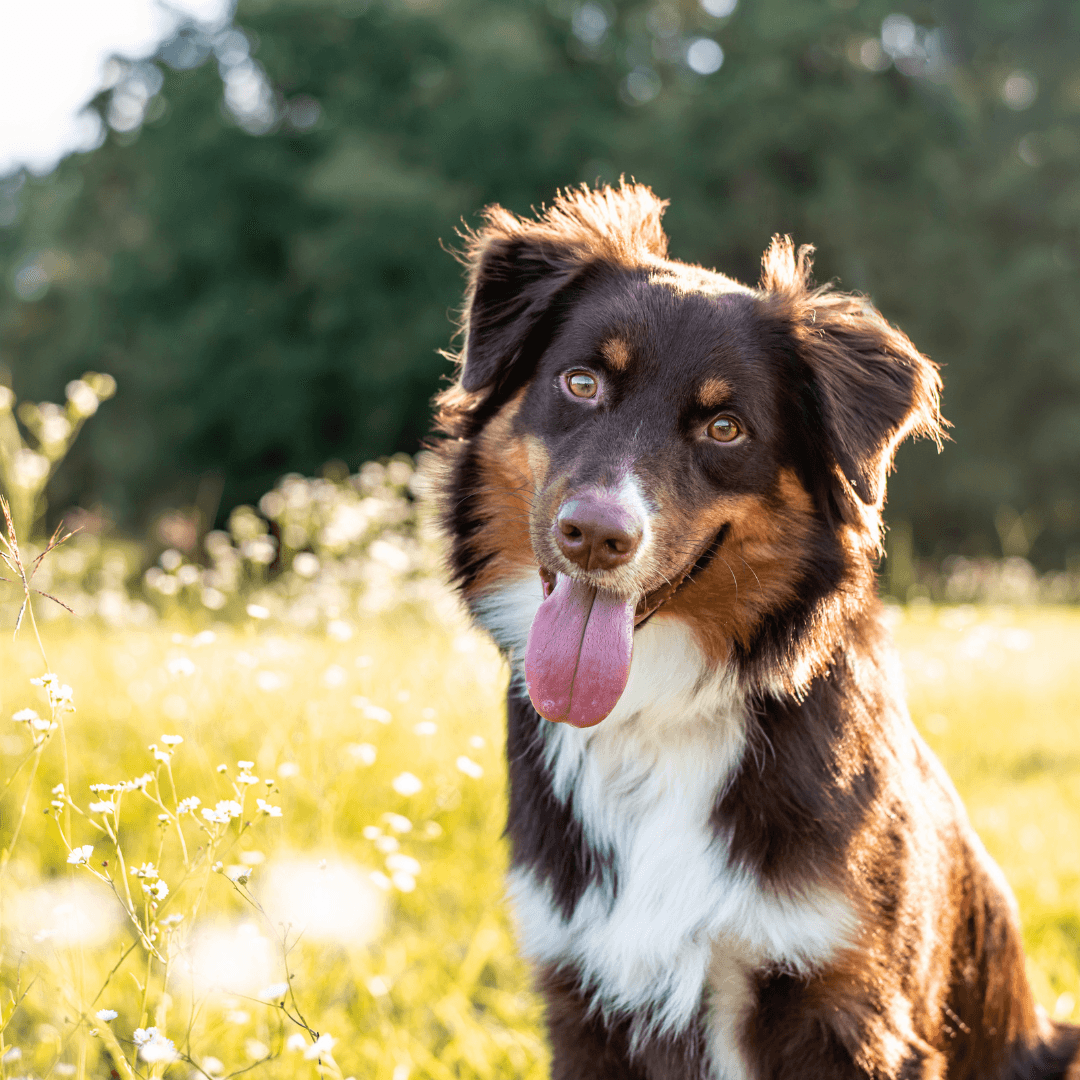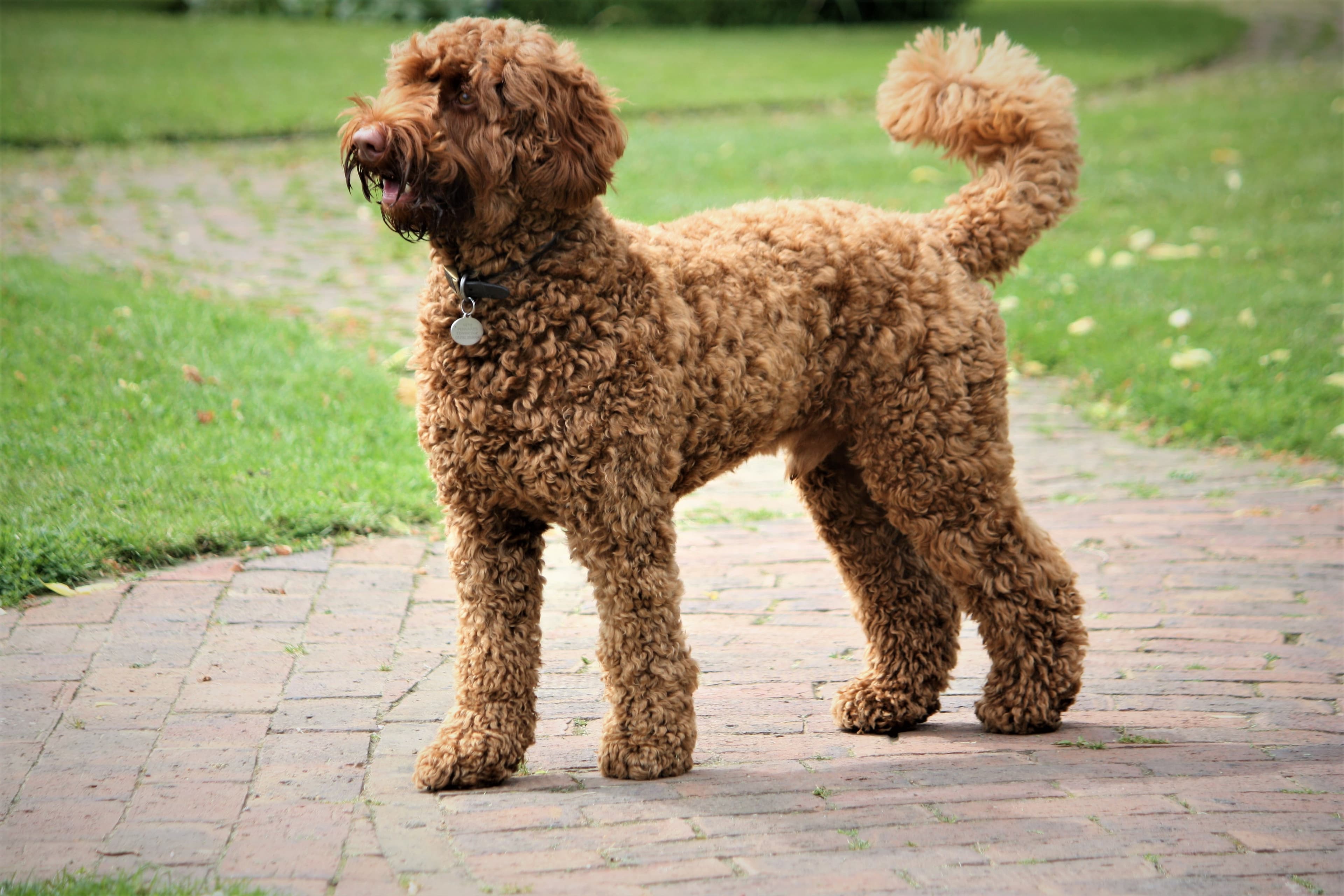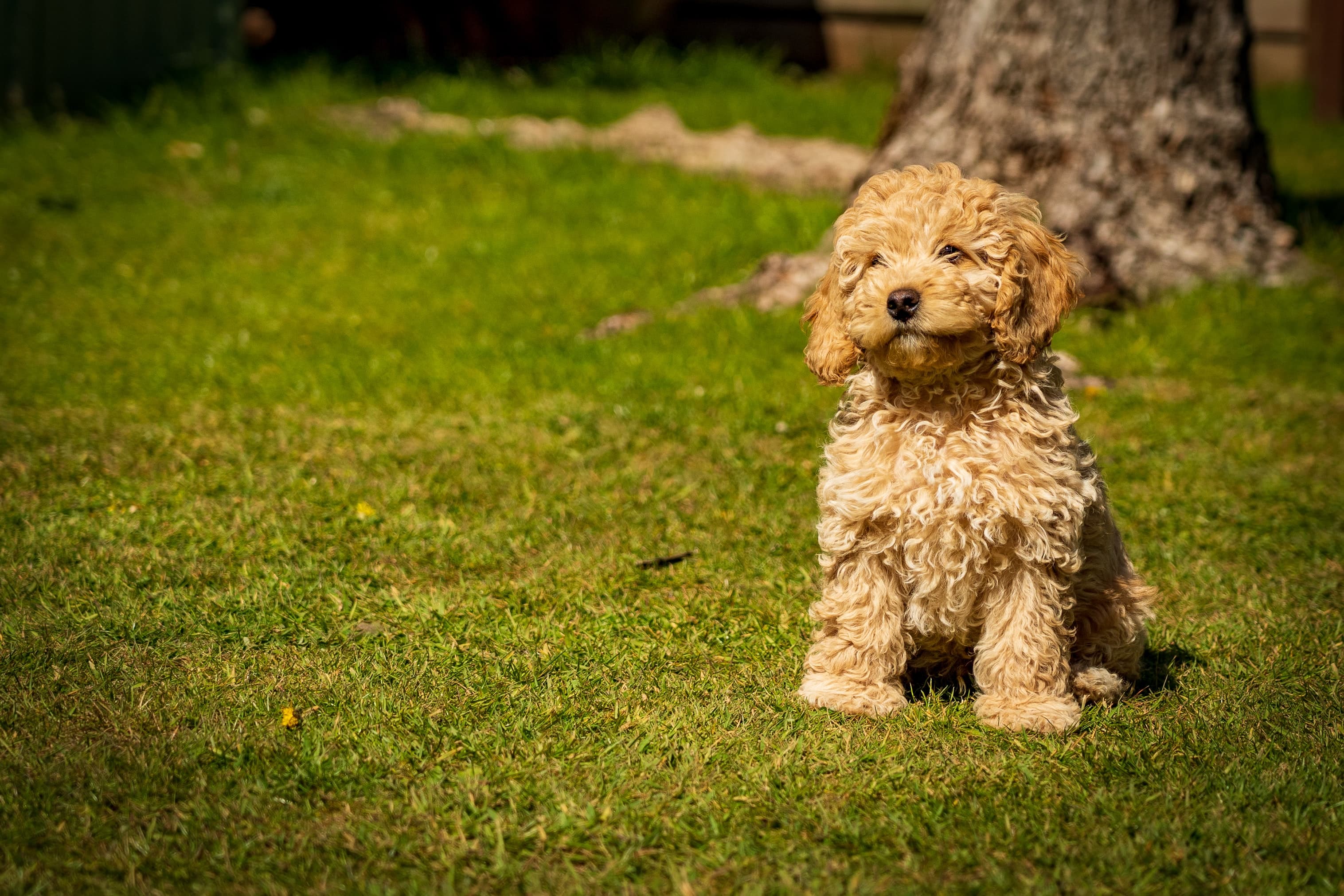Border Collie Breed Guide
Facts about the Border Collie Border Collie
Weight: Male 14 - 20 kg, female 14 - 20 kg
Height: Male 53cm, female 51cm
Energy level: High
Life expectancy: 10-12 years
Tendency to drool: Medium
Tendency to snore: Low
Tendency to bark: Moderate
Digging tendency Low
Social needs High
Original purpose Herding
Colours: Black & white or tricoloured
Common health issues: Eye conditions, hip dysplasia
The Border Collie personality
Border Collies are renowned for their intelligence and eagerness to work, possessing a unique personality that makes them a cherished breed. These dogs are typically devoted and loyal to their owners, forming strong bonds. They're also known for being responsive and keen to please, making them wonderful companions and training partners. Border Collies are often highly alert and naturally attuned to their surroundings. Their focus and ability to concentrate make them excel in training and obedience. However, providing a balanced and stimulating environment is crucial to prevent boredom or overstimulation.
Training your Border Collie
Border Collies require significant physical and mental exercise to thrive. As herding dogs by nature, they may attempt to herd anything that moves, including children, if not adequately exercised. Proper activation is vital to prevent behavioural issues and ensure your dog's well-being. An adult Border Collie needs at least two hours of exercise daily, along with mental stimulation. Activities like agility and herding tap into their natural instincts. Positive reinforcement and consistency are key to successful training. With sufficient exercise and engagement, you'll have a happy, well-adjusted companion.
Grooming your Border Collie
The Border Collie's coat is relatively easy to manage with brushing once or twice a week, depending on coat length. Bathing or showering is only necessary when needed, using a shampoo specifically formulated for dogs.
Claw care
Your dog's claws need regular care! Clip them as needed, but it's best not to wait too long – once a month might be sufficient. It's better to trim a little and often than a lot infrequently. Get your dog accustomed to claw clipping from an early age. Our app course offers expert tips on how to clip your dog's claws safely.
Common health problems
Border Collies generally experience few health problems. Like many breeds, they are susceptible to hereditary eye conditions and hip dysplasia. Pre-breeding health screenings for eyes and hips are therefore important.
Lameness
Lameness issues are slightly more common in Border Collies. Our app course provides detailed information on different types of lameness and guidance on what to do if your dog is lame.
Skin issues
As a Border Collie owner, be aware of the potential for skin problems like allergies. Dogs, like humans, can be allergic to environmental factors or ingredients in their food. Our app offers insights into various allergies and their symptoms.
Socialisation
Socialising your dog is essential. Start environmental training early, exposing your dog to the sounds and environments they'll encounter as an adult. Learn more about socialisation and environmental training in our app course.
Stomach upsets
It's likely your Border Collie will experience an upset stomach at some point, leading to vomiting and/or diarrhoea. While these are common reasons for vet visits, you can often manage mild cases at home. Our app provides guidance on treating vomiting and diarrhoea in dogs, including home care advice.






